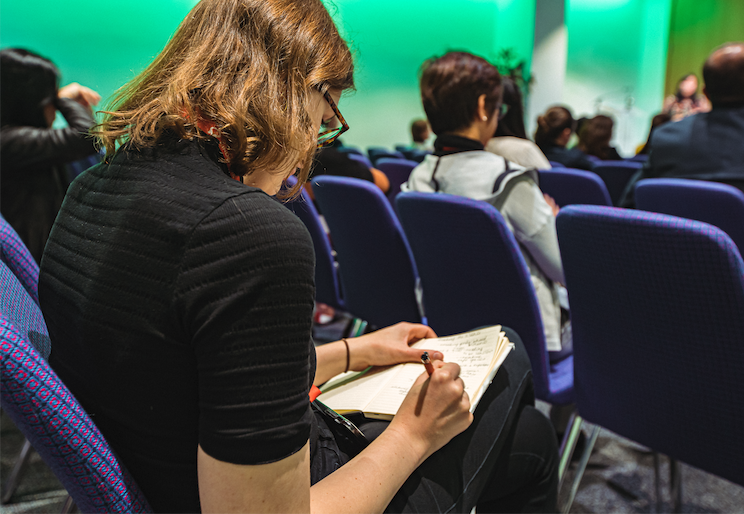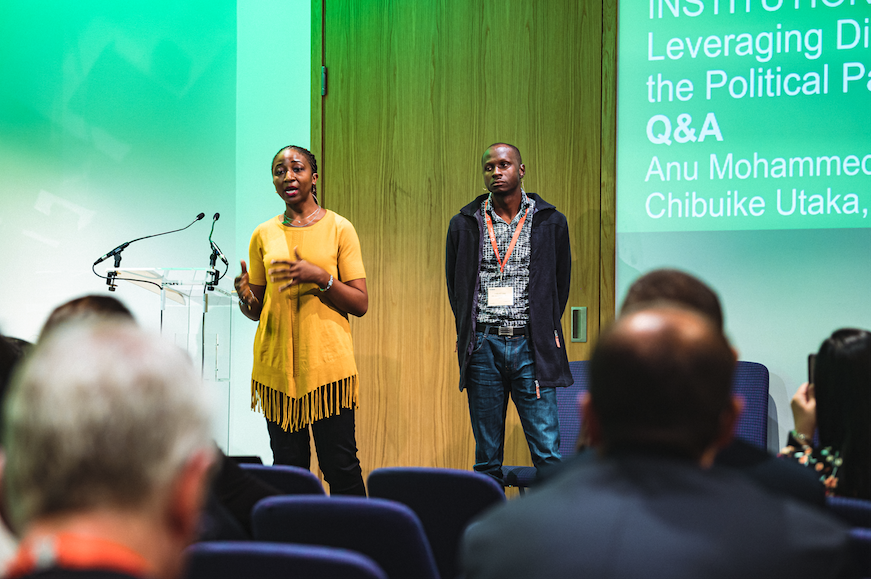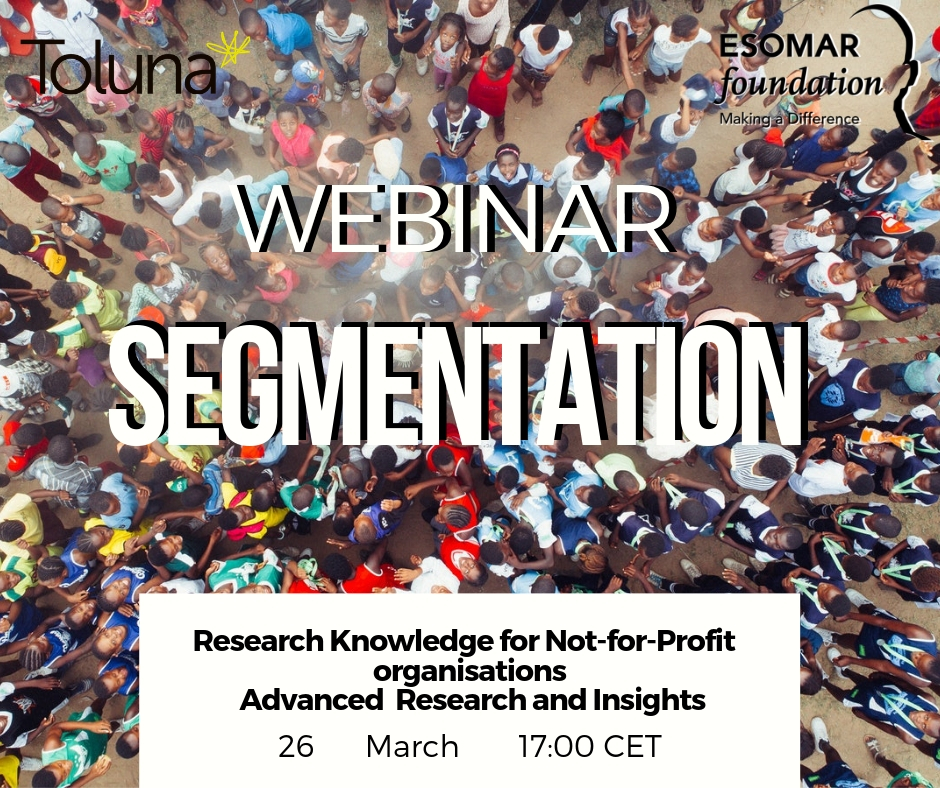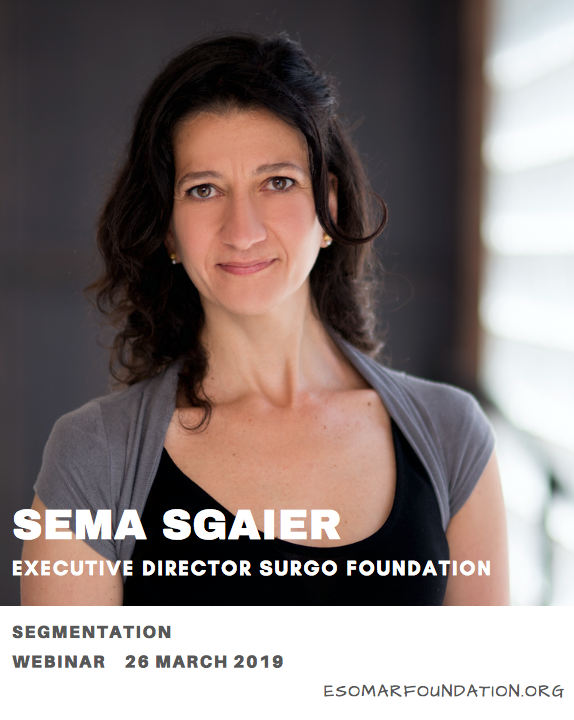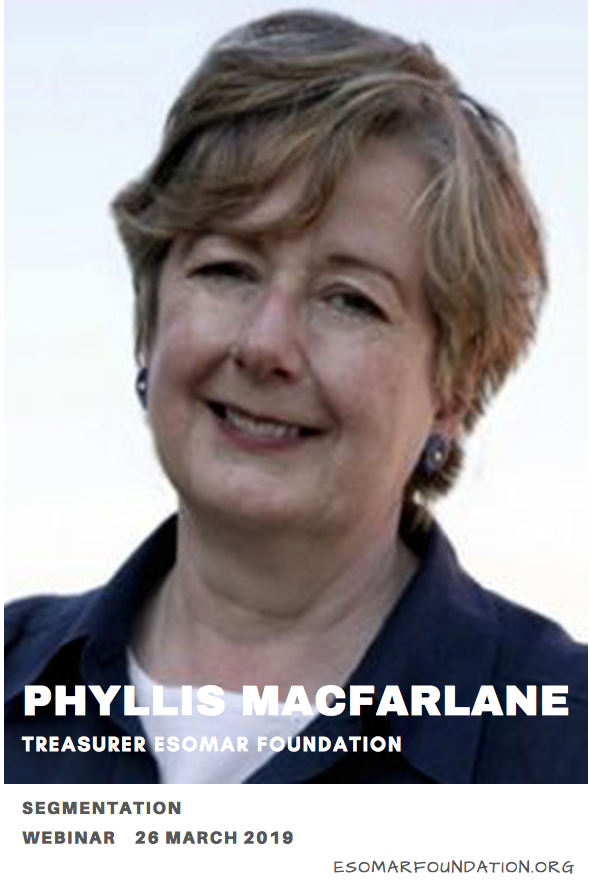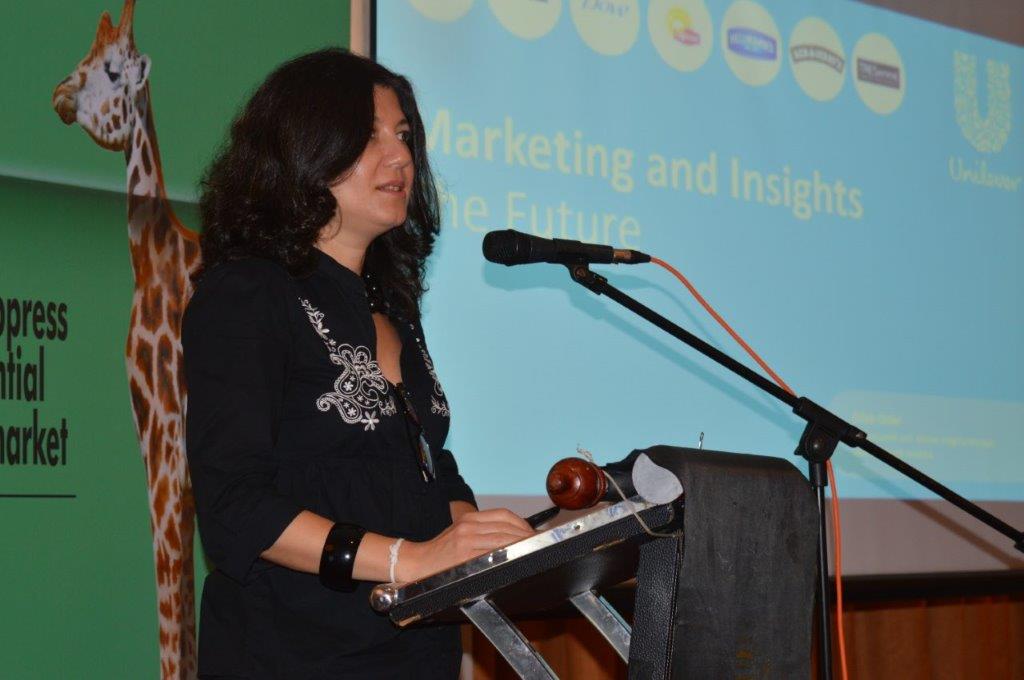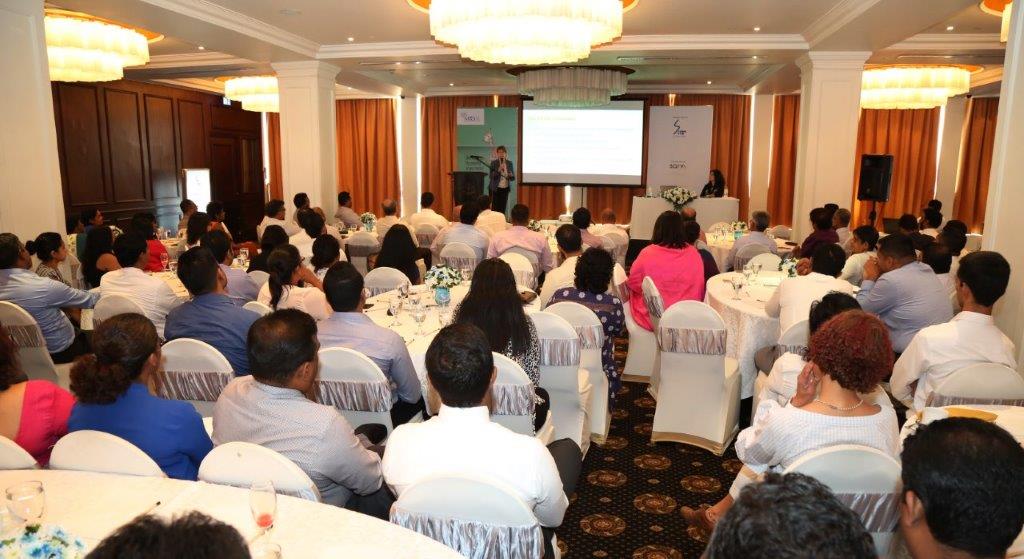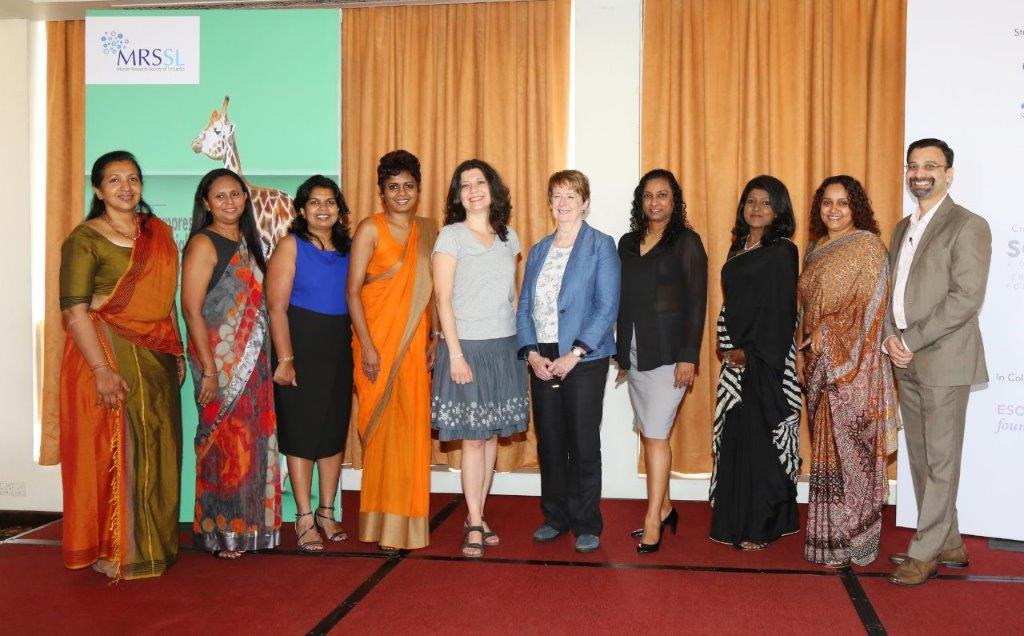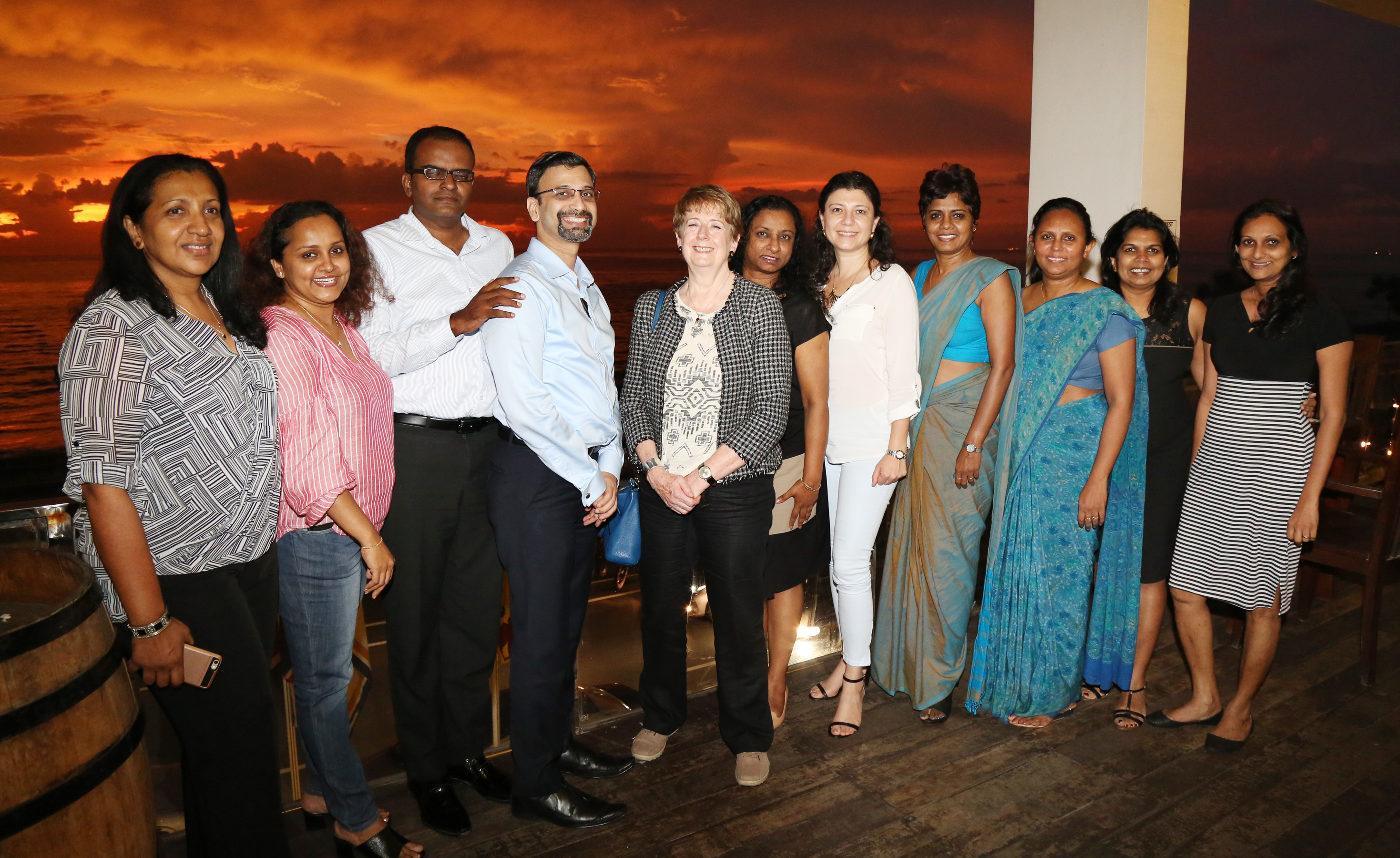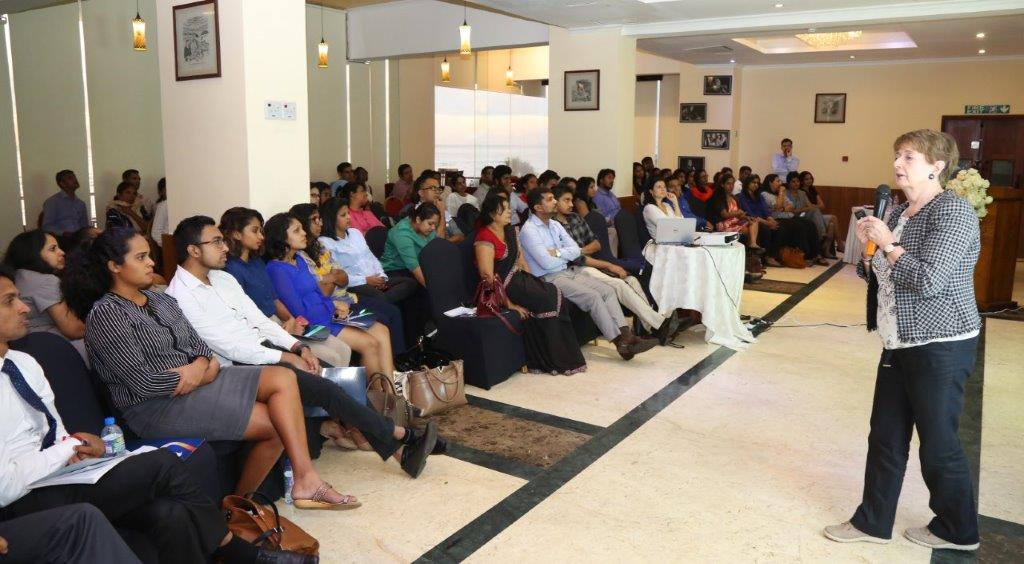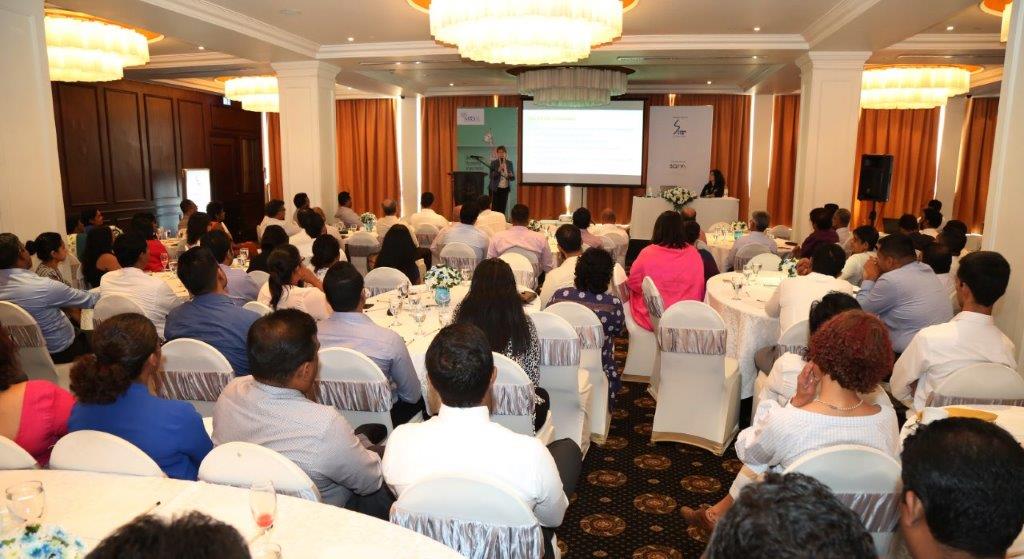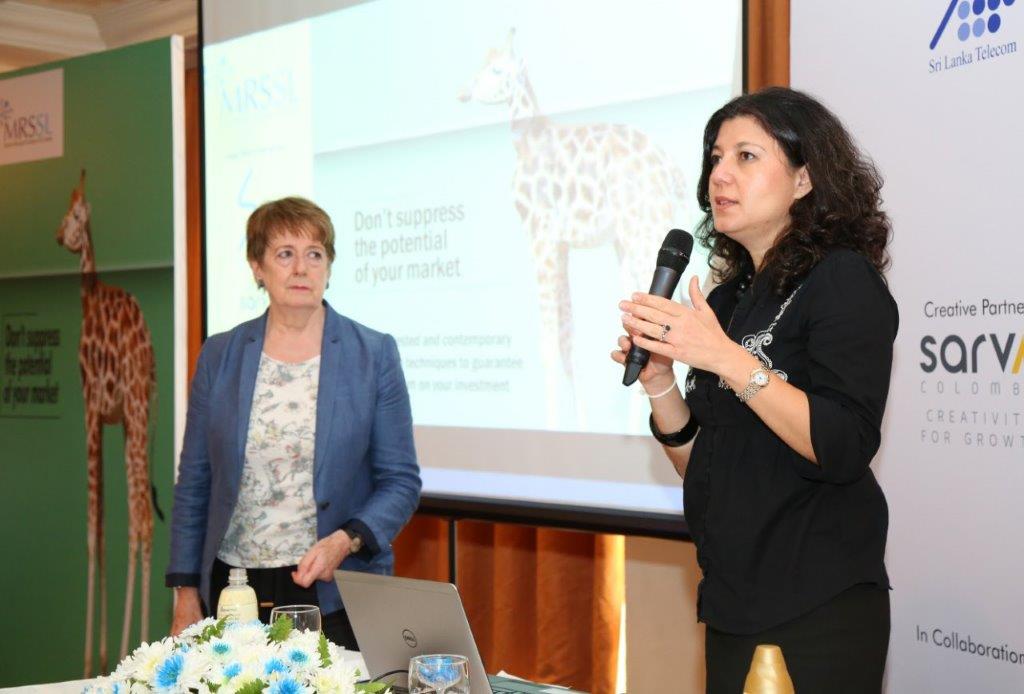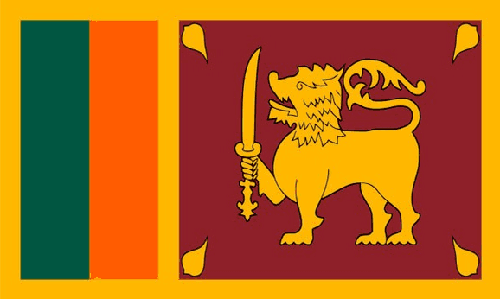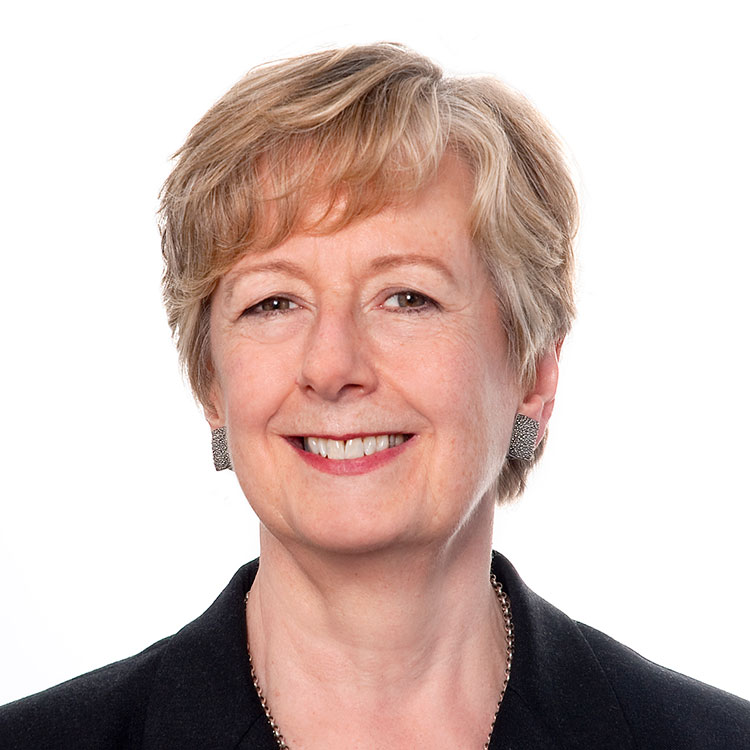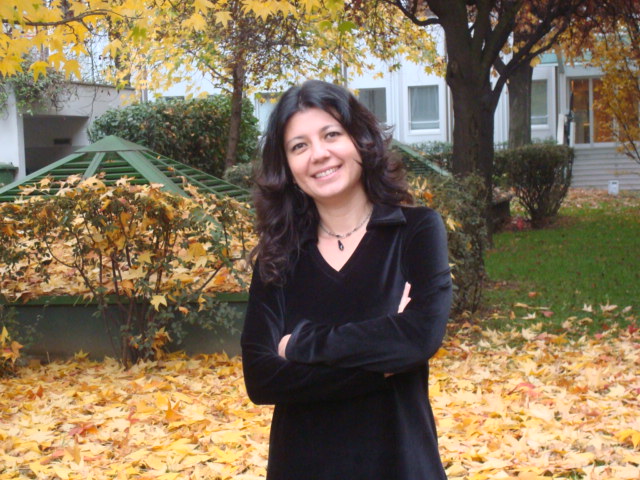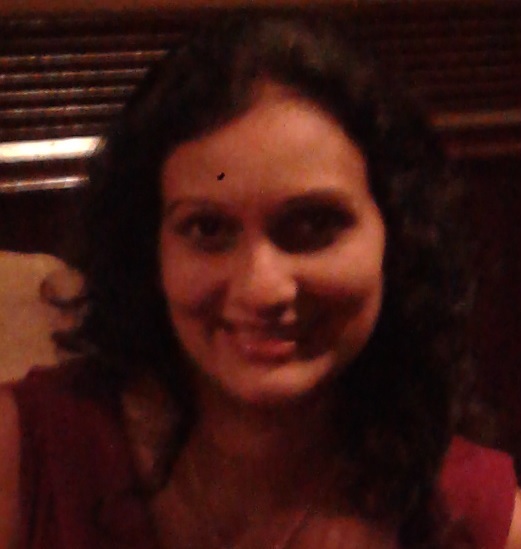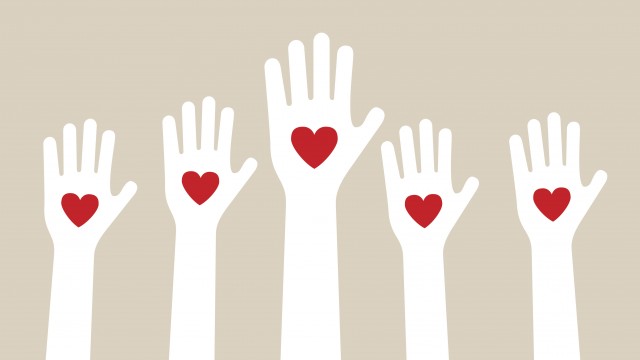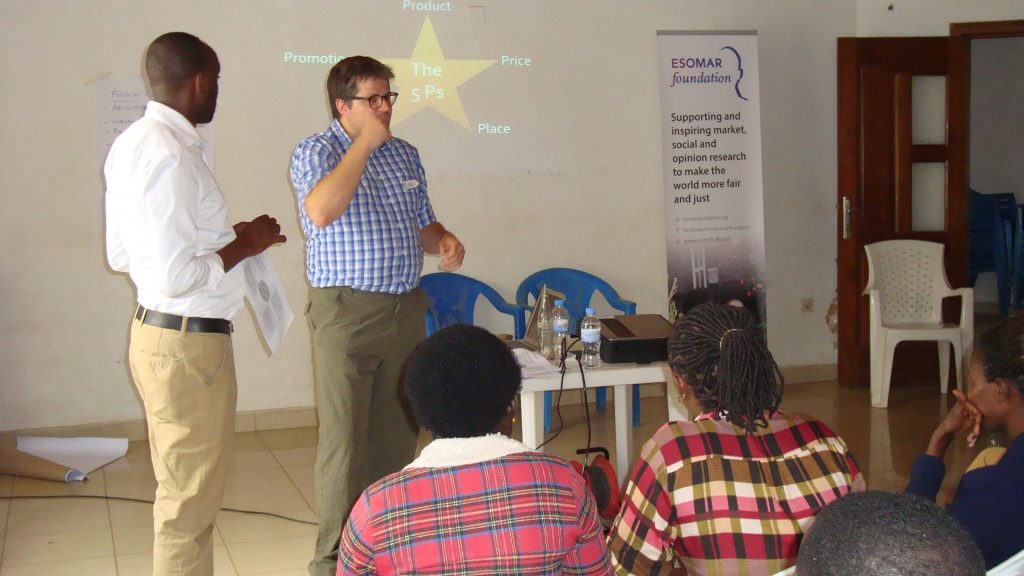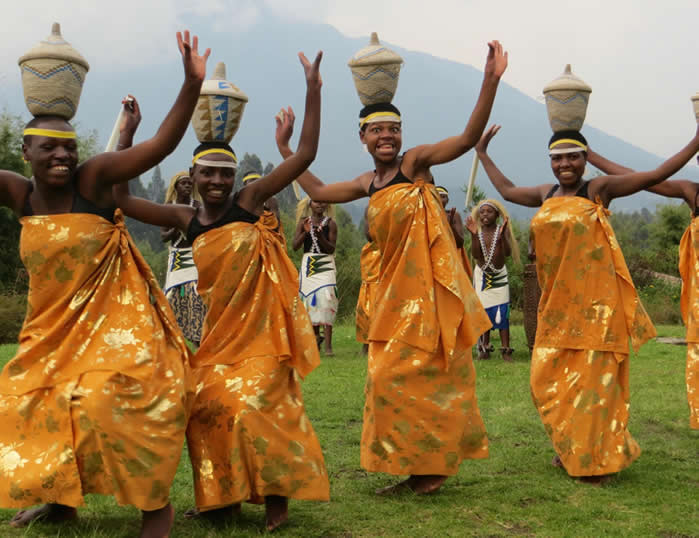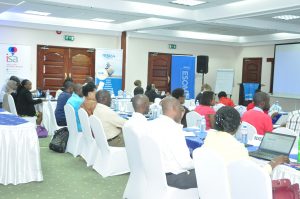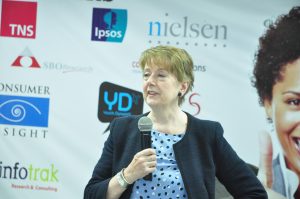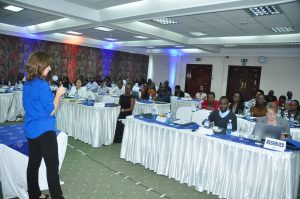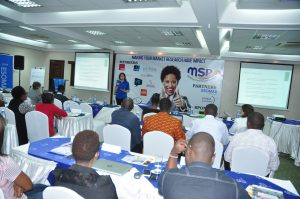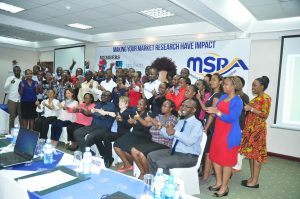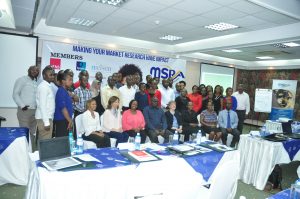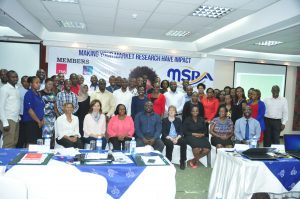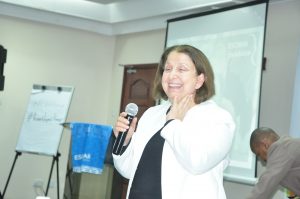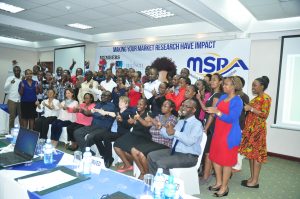Phyllis Macfarlane and Will Goodhand have been involved to the ESOMAR Foundation training in Rwanda that was held in Kigali from July 25 to 29. Here you can find a little description of how the training was implemented and how the ESOMAR Foundation contributed to this.
BUSINESS SKILLS PROGRAMME – YOUNG ENTREPRENEURSHIP TRAINING PROJECT
This was a 4-day programme to deliver business skills to young survivors of the Rwandan genocide. The Young Entrepreneurship Training Project (YETP), which is orchestrated by SURF, aims to eradicate extreme poverty and secure viable livelihoods and empowerment through entrepreneurship training and greater access to capital; enabling young survivors to establish their own businesses and build skills relevant to quality employment. As ESOMAR Foundation’s contribution, Phyllis and Will trained 24 young entrepreneurs in marketing and market research skills.
The daily schedule was as follows:
Monday/Wednesday July 25/27th
– Business planning: Vision, Mission, Business Goals.
– Business development: Marketing, Market Research, SWOT Analysis.
Thursday July 28th
– Financials: the P&L and Cash flow.
– Management and Business plans: Case Study, Developing a Business Plan.
Friday July 29th
– Using Social Media for your business/Presentation of Business plans: Awards for best Business Plans.
The ESOMAR Foundation’s role:
Thanks to the expertise from Phyllis and Will, the ESOMAR Foundation was able to deliver the Marketing, Market research skills training, and support the delegates throughout the programme with the development of their Business Plans.
Commentary from the ground:
Rwanda is a very small country (the size of Wales) with a population of 12 million, mainly young people, and not a lot of natural resources. The Economy is basically agriculture (84%). The delegates from YETP were in their early 20’s, just graduating from college – some with businesses already thought about and set up – some with plans or looking for ideas for their business. Their businesses were mainly agricultural, for example the 3 award winners were:
1. Two girls who were breeding pigs, to sell pork and sausages to hotels and restaurants;
2. A guy who planned to grow mushrooms;
3. Two people who planned to grow bananas.
We had to have a translator, since neither English nor French is fluently spoken, and translation is not easy, because the local language does not always have the precise business/marketing terms that we have in English/French. Nevertheless the delegates were keen to learn and interested, and you could see the difference in them by the end of the course – they were more confident.
We need to remember that they are ‘entrepreneurs’ not by choice, but out of necessity. It is the most likely way that they can make a living.
BUSINESS SKILLS PROGRAMME FOR ELE
This programme was intended to train members of the UK Department for International Development (DfID)’s ELE scheme (Empowering Vulnerable Young Survivors who have left Secondary School to Create, Secure and Sustain Employment). DfID is increasingly acting as an NGO, and is targeting 9,000 vulnerable school dropouts, focusing on women, to improve their lives through Entrepreneurship and job-readiness training, increasing female involvement in local decision-making and increasing the number of female entrepreneurs. Phyllis and Will went to Rwamagana, (about an hour and a half’s drive from Kigali) on Thursday July 28th to teach 12 young people from ELE about marketing and market research.
Commentary from the ground:
These young people were younger and less well educated than the YETB delegates. And with a bit more ‘attitude’ – they were school drop-outs.
Again their businesses were mainly Primary: Beer and Honey, Beans and Maize, Fruits, Avocadoes, Domestic Animal Trading. Or Retail: Cooking Utensils, a Boutique, Shoes, a Pub. Some were just selling their produce in the market.
Half had active businesses, half were at the planning stage.
We told them about the 5 P’s of Marketing (Product, Place, Promotion, Price, Profit), and how to do basic market research. About the importance of understanding their markets and their customers, and giving good customer service.
There was the usual discussion about the exact meaning of terms – the Rwandan word for ‘Product’ can mean the overall ‘Business idea’, which is a bit confusing for them when we talk about which ‘P’ should be their focus.
They seemed at times to be a little ‘phased’ by it all, but then did ask good, intelligent questions – there’s a perception that (low) price is everything (which we try to dispel) – and what if the price of your product/service is fixed by government – how can you attract more customers?
They all gained (and could articulate) some ideas of something that they would do differently as a consequence of the training, and at the end they give us a great ‘Rwandan clap’ in thanks.
NGO TRAINING PROGRAMME
Weds July 27th – Association des Etudiants et Eleves Rescapes du Genocide Board Training
Commentary from the ground:
On Wednesday morning, we also did a session of Governance Training to some of the AERG Committee/Council and Senior staff – the issue here was that the governance approach of AERG has not really evolved – the Committee/Council is still an elected body of Students from the University (mainly second/third year), and they believe that they should be very intimately involved in the day-to-day management of the organisation – which was probably, quite correctly, the case at the beginning, when they had no permanent staff. But now the organisation is much larger, and has highly qualified full-time specialist staff, who can be safely left to handle the day-to-day management and decisions, so that the Council can focus on developing strategy etc. But the Council still expects to be consulted on quite minor management decisions.
Once again there were language issues: we referred to a ‘particular’ project – meaning a single, normal, everyday project (ie that Committee/Council need not be involved with), but to them the term means a special/particularly difficult/ project (that the Committee/Council should definitely be involved with). It was interesting and challenging to sort it out!
But by the end we all had a better understanding of the proper relative functions of the Council and the Staff, which should be helpful going forward.
Friday July 29th – SURF Partners Committee
Commentary from the ground:
This Board, which comprises the heads of all the SURF Partner NGO’s, had asked for Training on Meetings Management and Presentation Skills – so we did some standard trainings, which they said they found useful.
CONCLUSION – DID THE ESOMAR FOUNDATION MEET ITS OBJECTIVES?
From Phyllis Macfarlane
1) Training Entrepreneurs
It is a great belief of mine that everyone in business needs market research skills – and particularly entrepreneurs and start-ups. So many small businesses fail because they don’t systematically collect the information they need to make good business decisions.They don’t make the effort to understand customer needs properly and fail to acquire new customers, or grow current customer spend.
These are things that knowledge of market research can help with. So, training entrepreneurs to ‘think’ about understanding and listening to customers, about being systematic in what they do, and counting/quantifying the effect of different actions, should have a huge effect on the way in which they tackle their business development.
What we learnt in Kigali was that many of these young ‘entrepreneurs’ are planning Primary Sector businesses: ie Growing Mushrooms, Making and selling Pork sausages, Farming Chickens and selling eggs. These are very basic businesses and so you have to tailor the training to be appropriate for them. There is little concept of value-add, and not a lot of concept of customer service – these were new ideas for them. But useful one’s, I think. Nevertheless, by the end of the course you could see the difference in the delegates – they were more confident in themselves
2) Training NGO’s
The concept here is that many aid initiatives are not as effective as they should be because they fail to understand the people they are trying to help – if EF can help NGO’s think about their ‘customers’ in a market research way – understanding what really makes them tick, then we believe we can also help make their interventions more effective. At ESOMAR Foundation we’re building a ‘body of knowledge’ of all the great social research experience we have as an industry. Sharing that expertise with NGO’s will help, I’m sure. The training in Rwanda was a ‘pilot’ for EF.
What we found was that, in Rwanda, the issues for the NGO’s are much more about Governance structures, running effective meetings, making effective presentations. They’ve had a lot of M&E (Monitoring and Evaluation) training from others – it’s how to run an NGO that’s the issue for them. So, we were useful, but not in a MR sense. This aspect needs more thought and improvements for future actions.
